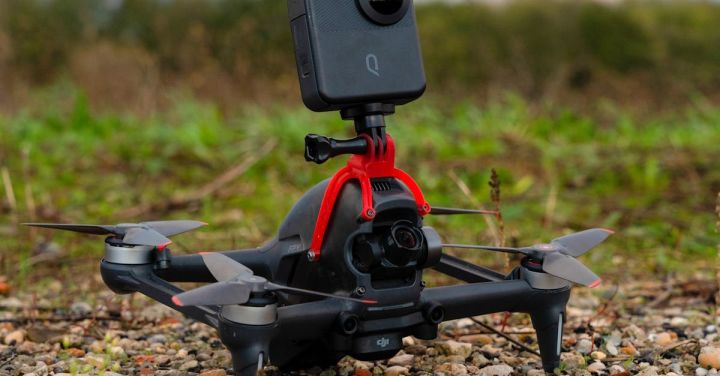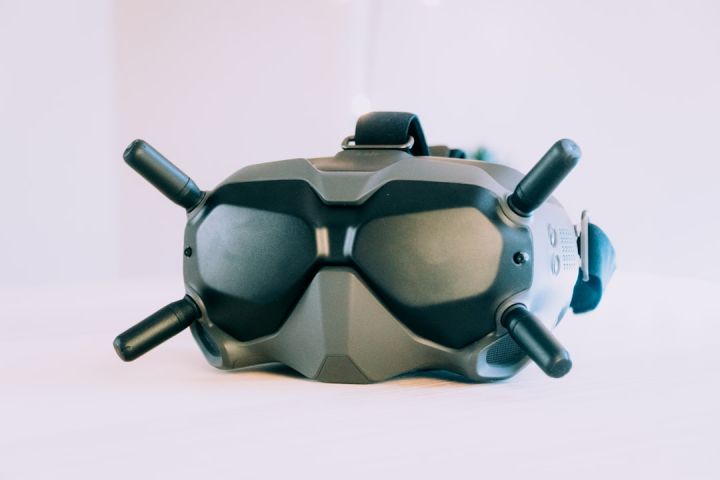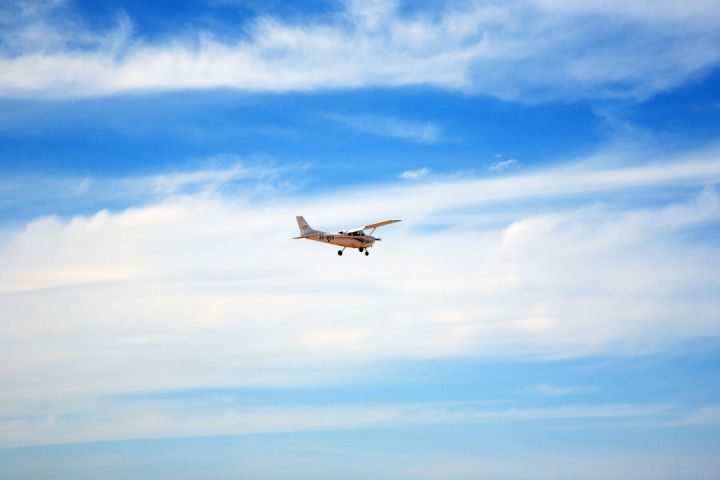Do You Need Insurance to Fly Rc Models Commercially?
Remote control (RC) models have gained immense popularity over the years, not only as a hobby but also as a commercial venture. From aerial photography to package delivery, the possibilities are endless. However, with this rise in commercial usage comes the question of whether insurance is necessary when flying RC models commercially. In this article, we will explore this topic and provide you with the information you need to make an informed decision.
Understanding the Risks Involved
Before delving into the necessity of insurance, it is important to understand the risks associated with flying RC models commercially. While RC models are generally considered safe, accidents can happen. There is always a possibility of a mechanical failure, loss of control, or collisions with other aircraft, people, or property. These risks can potentially lead to injury, damage, or legal liabilities.
Legal Requirements
In many countries, including the United States, there are specific regulations and requirements for flying RC models commercially. The Federal Aviation Administration (FAA) in the US, for example, requires operators to obtain a Remote Pilot Certificate and follow the Part 107 regulations. These regulations also state that commercial operators must have liability insurance coverage of at least $500,000.
Liability Insurance
Liability insurance is designed to protect you in the event that you cause damage or injury while flying an RC model commercially. It provides coverage for legal defense costs, settlements, or judgments if you are found liable for any damages. This type of insurance can also protect you from third-party claims, such as property damage or bodily injury caused by your RC model.
Benefits of Insurance
While liability insurance may be a legal requirement for commercial operators, there are also several benefits to having insurance coverage. Firstly, it provides financial protection in the event of an accident or incident. Without insurance, you could be personally liable for any damages or legal costs, which could be financially devastating.
Secondly, having insurance coverage can help build trust and credibility with clients or customers. Knowing that you are insured can give them peace of mind and confidence in your professionalism and ability to handle potential risks.
Choosing the Right Insurance Policy
When it comes to selecting an insurance policy for flying RC models commercially, there are a few key factors to consider. Firstly, make sure that the policy covers the specific activities you will be engaging in, such as aerial photography or package delivery. Some policies may have exclusions or limitations on certain commercial activities.
Additionally, consider the coverage limits and deductibles of the policy. Ensure that the coverage limits are sufficient to protect you in the event of a major incident, and evaluate whether the deductibles are reasonable for your budget.
Conclusion: Protecting Your Business and Interests
In conclusion, while insurance may not be a legal requirement in all jurisdictions for flying RC models commercially, it is highly recommended. The risks involved in this industry can be significant, and having insurance coverage provides financial protection and peace of mind. By choosing the right insurance policy, you can protect your business, your interests, and ensure the smooth operation of your commercial RC model ventures.







